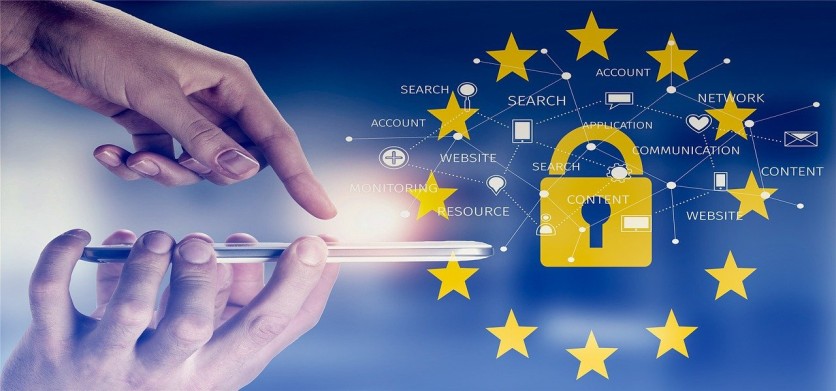
Too many people still make the mistake of taking their online privacy and security for granted. The truth of the matter is that it all depends on how you approach it; after all, it's within your interest to take it seriously. As luck would have it, there are several tools available that will aid you in your quest to seize back control over these two essential rights. But before you can deduce which ones are right for you, it's important to be aware of what lies at the core of their functionality.
To make the best choice, you should keep the following guidelines in mind:
Learn How to Mask Your IP
Once someone gets a hold of your IP, they're one step closer to compromising your defenses. Did you know that every time you connect to a website, a trail is left behind? Although it won't be visible to other users in most cases, that website's administrators can view it at their leisure. The solution is to use a VPN that masks your IP. You'll still leave a trace behind in a way, but it won't be your real IP - merely the one belonging to the server that lies in the middle of the chain and forwards the data to you.
Take Extra Measures to Protect Your Accounts
In this day and age, a password doesn't have to be the only layer of protection that shields your account. Instead, think of ways you could go beyond that. At the very least, you should enter a security question and a corresponding answer that will prevent a malicious actor from taking over your account. Moreover, enable 2FA if at all possible. That way, your account will stay safe even if someone steals your password - they would also have to obtain access to your phone for the takeover to be successful.
Don't Re-use Your Passwords
Many people resort to re-using their passwords for the sake of convenience. After all, having to remember all these different passwords sure is a chore, isn't it? There is only one problem: it makes you a sitting duck for hackers. Think about it: what happens if a breach takes place and the login credentials you're using somewhere get out in the wild? All it takes for more disaster to happen is someone copying and pasting it to other websites until they make it through the login page. Therefore, instead of re-using your passwords, you should make your account more secure by using a password manager that stores them for you so you can make each one as complex as you like.
Know That Websites Analyze Your Activities
It may be as innocent as optimizing their ad placement, but the fact is that most, if not all, websites analyze your online activities. They do this by placing cookies on your device through which they can track you. To avoid this, most modern browsers allow for incognito mode. While it's enabled, all cookies placed on your device in that session will disappear as soon as that session is over. Do know that search engines also analyze the keywords you're entering (even when you're not logged in). To work around that, stick to private search engines such as DuckDuckGo.
Be Careful What You Upload
Certain online spaces are private by nature (such as your email account), while others are public (most image sharing sites). Therefore, you should think twice before uploading something and always consider your intentions regarding the file. If it's meant for your eyes only, you should err on the side of caution even if you're uploading something to a private cloud such as Dropbox. After all, these can be hacked too. To make matters easier, you always can protect the files containing sensitive content by using a file encryption tool. This way, someone would need to know the right key to access them despite accessing your cloud account.
General Tips on How to Choose the Best Online Privacy and Security Oriented Tools
Before deciding on the software tools you're going to be using, be sure to consider the following:
- Know your needs. Re-read the examples outlined above and consider if they apply to the way you use the internet.
- Stick to known brands. If a large company stands behind a digital product, chances are they have the knowledge necessary on how to put cybersecurity at the forefront of its design.
- Read online reviews. There's no need to be the guinea pig if others have already done the heavy lifting for you and shared their experience with a certain digital product.
Conclusion
The internet does have its pitfalls, but if you take the time to learn about them, you're likely to avoid them. Since there are so many tools geared toward privacy and security, the world is your oyster.




